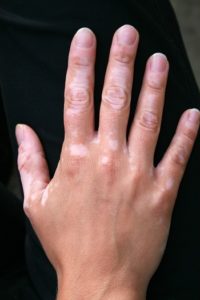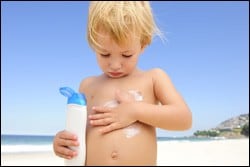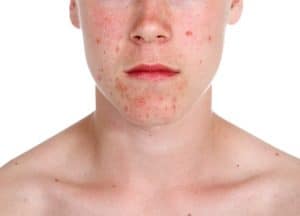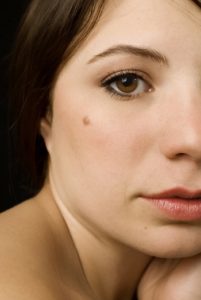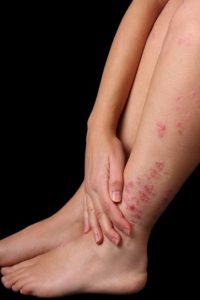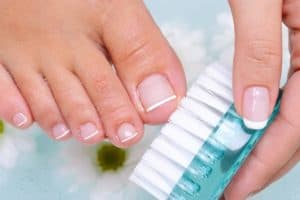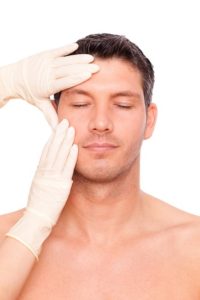During the much longed-for summer months, people work on their tans. While enjoying a richer skin tone now, tanners take huge risks for premature aging and skin cancer. Here we will discuss about tanning in details.
Sun and artificial tanning
It's what we use to get those tans. But, did you know that when you tan, you actually burn the top layer (epidermis) of your skin and damage your DNA, too?
According to Live Science, DNA damage mutates normal skin cells into cancer cells. Basal cell and squamous cell carcinomas are the most common kinds of skin cancer. Malignant melanoma is the most deadly skin cancer as it easily metastasizes to major body organs. About one-third of melanoma cases in the US kill their sufferers annually, says The Skin Cancer Foundation.
Unfortunately, artificial tanning is just as dangerous as sitting in the sun. Intermittent sun exposure or occasional tanning in the sun or tanning beds are harmful, too. Damage to the skin is cumulative, and both kinds of ultraviolet radiation (there are UV-A and UV-B rays) breakdown your skin's DNA over time. Further, UV-B harms your skin's natural elasticity normally provided by a protein called collagen.
Don't tan: protect
To protect your skin, avoid sunburns, intentional tanning, and excessive day to day sun exposure with these strategies from the American Academy of Dermatology (AAD):
- Cover up any exposed skin (face, arms, legs, ears) with a broad-brimmed hat, long-sleeves, and other sun-protective clothing.
- Use sunscreen lotion--SPF 30 or higher--on all exposed skin, and re-apply every two hours or whenever you sweat it off or swim.
- Stay indoors or in the shade from 10 am to 2 pm.
Also, all adults, particularly those 40 or older, should see a dermatologist for an annual skin exam. Do a careful self-exam once a month at home, looking for changes in the color, size, and shape of existing spots or moles. Report changes to your skin doctor as well as any sore which does not heal in a week or so.
It's your skin
Don't sacrifice its health for a little fashionable color. Tanning really is bad for you. Find healthy ways to enjoy the summer months and that wonderful sun. Your skin and your overall health will be better for your efforts.




